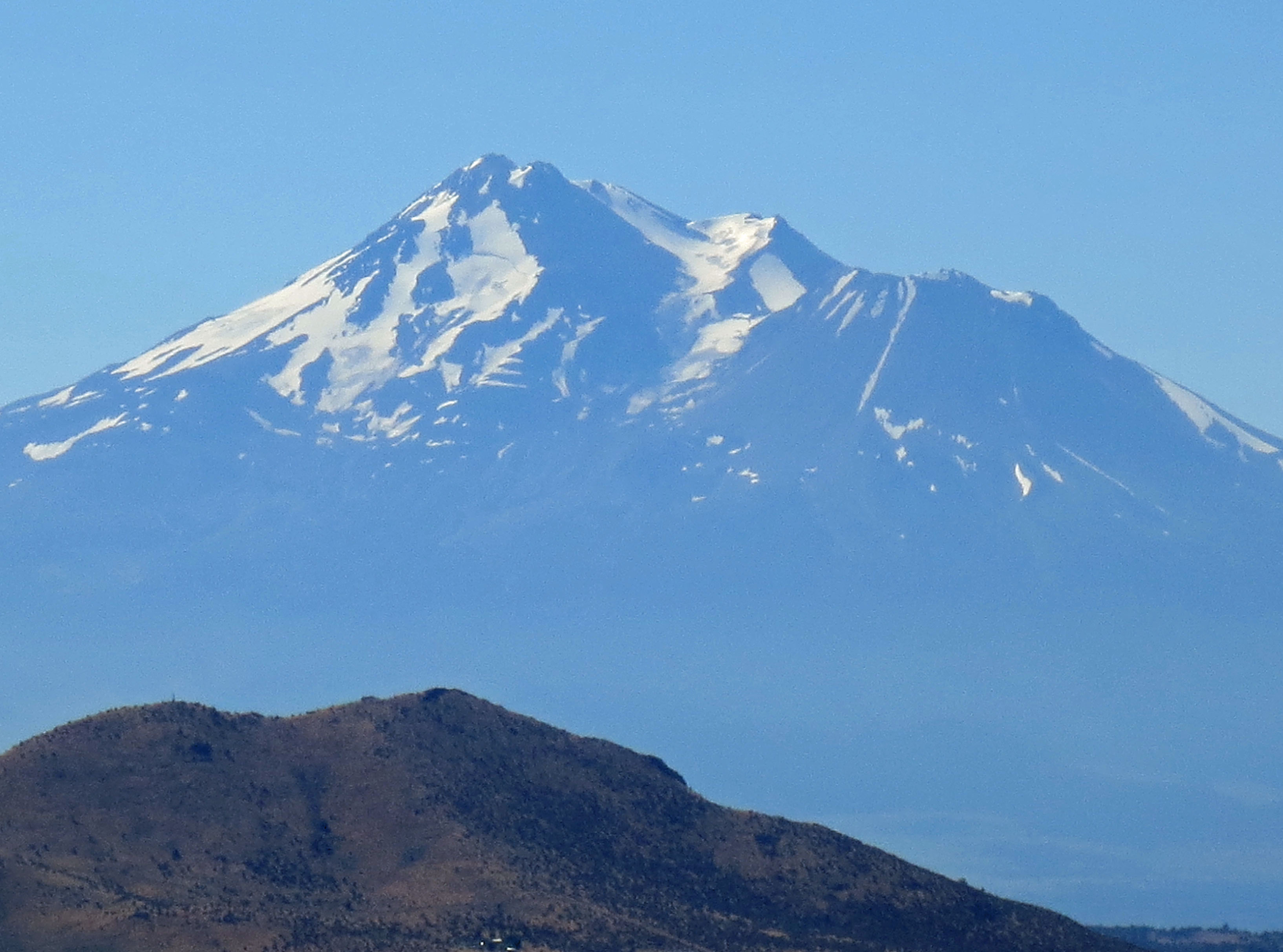
September 15, 2017
Dear Everyone:
What with Hurricanes
Harvey,
Irma and
Jose thundering through town, plus
the stifling heat and attendant
wildfires in the Western United States,
the debate regarding
climate change, sometimes called “global warming”,
has popped up yet again.
Seriously, why shouldn’t the climate change?
It has before.
Back around 250 BCE*, the northern Atlantic got a lot warmer than it had
been before. And the area
commonly known as Western Europe enjoyed unusually warm weather until
around 400 CE**. You may
recall that this is about the same time as the Rise and Fall of the
Roman Empire. On the other
hand, the implosion of the Roman Empire also coincides with the
Worldwide Catastrophe of 535 AD***.
So, there could be more than one contributing factor.
Or it could all be a huge coincidence.
In any case, Western Europe got colder, the Roman Empire collapsed,
resulting in what is affectionately known as the
Dark Ages, so-called
because so much knowledge was lost and because the inhabitants were
abysmally poor at keeping records.
Seriously, we have very little idea what the heck they were
doing. Things stayed that
way for about a half-century; then they warmed up again.
And thus, began the
Medieval
Warm Period.
The weather became milder, crops grew more abundantly, and fewer
babies died. Families got
larger. And, before you knew
it, Western Europe was awash in Too Many Younger Sons.
The laws of primogeniture stated that the oldest surviving son
automatically inherited everything left by his father.
Good for him. Not so
good for all those other sons.
Pretty soon they started getting into trouble, setting off little turf
wars and generally messing things up.
Then the Pope got a great idea:
“Go East, Young Man!”
Better to wage war on a lot of strangers who happened to be living in
what the Pope decided to call
The Holy Land.
And centuries of Crusades began.
Around the middle of the 14 Century, the pendulum began to swing the
other way and the climate began cooling down again in what is commonly
referred to as The Little Ice Age, which lasted until the mid-1800s.
Every American schoolchild knows the story of
George Washington
crossing
the Delaware River during the first
American Revolutionary War.
Take a look at the
famous painting and you will see
ice flows on
the river. Seen any ice
flows on the Delaware recently?
Of course not. That’s
because the climate is changing yet again, growing warmer than in the
late 1700s.
There is, of course, the possibility that millions of human beings have
had an effect on climate in general.
Some historians and climatologists have speculated that the
Little Ice Age might have come about because the
Black Death wiped out
so many people in Western Europe.
Ditto
Native American
populations decimated by the introduction
of European pathogens with the discovery of the
New World.
Fewer people meant less deforestation, less air pollution from
cooking fires, and maybe that’s why things got colder.
Or not.
The current possible climate change is sometimes blamed on the overuse
of fossil fuels by too many humans.
Maybe. Maybe not.
The only way to know for sure would be to hop in a
time machine, go back
a couple million years or so, prevent the development of
homo sapiens, then come back to the present and see what difference
it made. Of course, if you
did that, there would be no humans to invent the time machine for you to
go back in, and so on and so forth.
(FYI, this actually took place in a
British sci-fi TV series a few years
ago. One of the characters
took a trip back in time in an attempt to wipe out the entire human
species. Leave it to the
Brits to eliminate not just one of your favorite characters, but the
whole human race to boot.)
On the other hand, isn’t it the height of human
hubris to just assume
that we can actually change the climate any time we feel like it?
Love, as always,
Pete
*BCE: Before the
Common Era.
Corresponds to “BC, Before
Christ.”
Some years ago, a group of archaeologists decided that it was a
little bit ethnocentric to measure time based on the birth of Christ.
In fact, it was just a tad insulting to cultures that were not
based on the Judeo-Christian timeline.
So, they changed it to the “Christian Era”, then revised it to
the “Common Era”.
**CE: Anything after the
birth of Christ became simply the Common Era.
***AD:
Anno Domini, Latin
“in the year of the Lord”.
Same as CE.
For the Worldwide Catastrophe of 535, see
David Keys (author).
| Previous | Next |